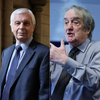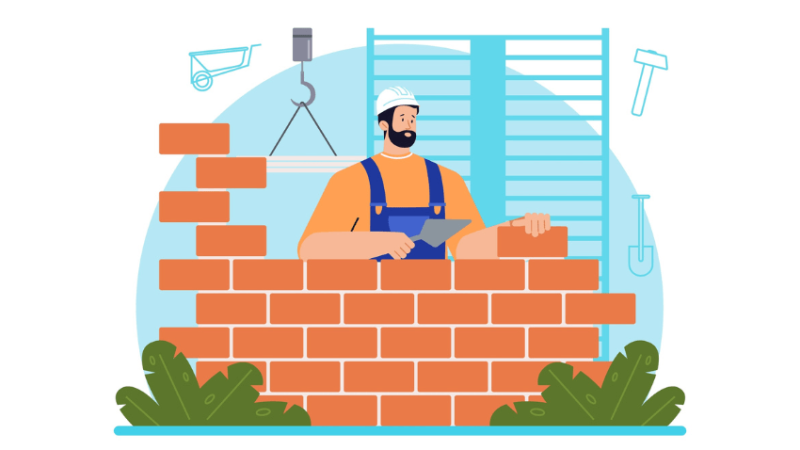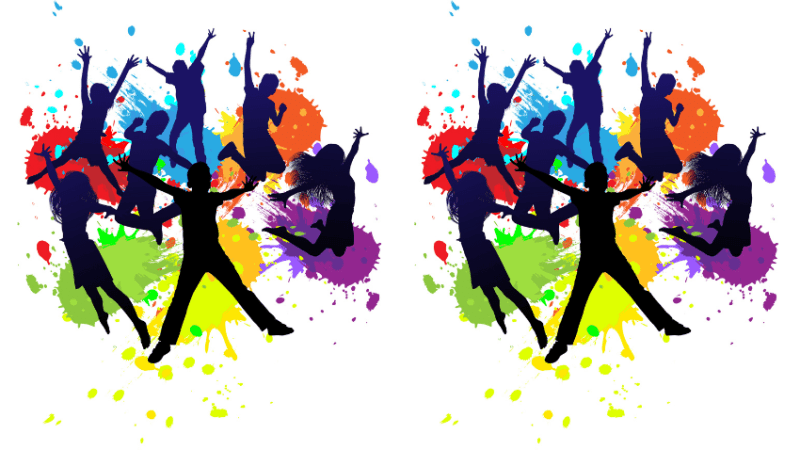Benchmarking – is our view of education all wrong?
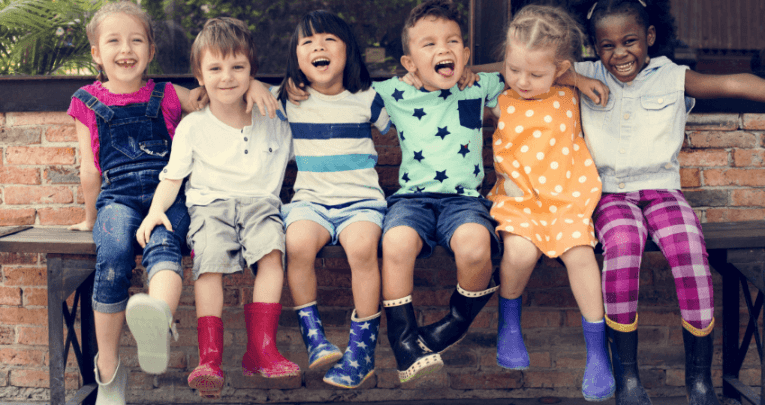
With the education system’s obsession with test results and benchmarking, are we at risk of reducing childhood to a measure of competencies?
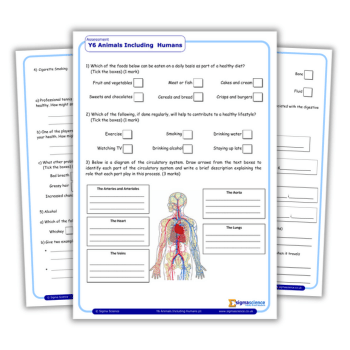
There is much concern at present about the impact of the pandemic on learning, evident delay and children ‘falling behind’ some linear marker of progress.
Politicians emphasise the urgency for children to ‘catch up’ and the recent white paper sets new targets in English and mathematics for primary and secondary schooling by the end of the decade.
This mirrors the approach to schooling over decades, as the measure of success has been the ‘outcomes’ and how to increase test, GCSE and A level results.
Such results of course matter, but are they the ‘be-all-and-end-all’ of schooling’s role in education?
Role of education
Many would say there is more to schooling than that.
Learning to take those steps from home and community into a wider world, being ready to take the opportunities and avoid the pitfalls of an increasingly digital society, understanding the world of work, being ready to make a positive difference to self, neighbourhood, nation and planet are all important, and surely what we expect our schools to address with all their pupils.
Without agreed purposes for schooling we resort to the simple metric of results in testing and examining what is easily measurable and, with that, comes some unintended consequences.
While some of those unintended consequences often blight and narrow the secondary curriculum, their most serious adverse effects are potentially on our youngest children in the Early Years and Key Stages 1 and 2.
The problem is that the backwash of unintended consequences has now splashed over the youngest in the system.
Early Years education
For years it has been acknowledged that if we could just get it right in the Early Years, we might have it right for life – ‘give me the child until they are seven’ is how it was often expressed. Primary school teachers, after tirelessly encouraging children’s conversation, have long pointed out the need for speech and language therapists to help to address the gap between children from the most and least favoured and supportive household backgrounds.
Report after report, including Andrea Leadsom’s The best start for life: a vision for the 1001 critical days, has emphasised the need to build a support system for families that could begin to overcome some of the terrible conditions that determine the restricted educational trajectories of far too many children.
In the light of the pandemic, Ofsted reports that the youngest children have been affected the most during Covid, for example, with speech and language development hampered by adults wearing masks.
While we know that success is built on strong foundations, there is virtually no mention of significant reinforcement for this early stage of learning, as a ‘harder, faster, stronger’ approach is urged to regain lost time.
The DfE is even commissioning a ‘powerful learning’ team to support ‘catch-up’ in Early Years, now.
Those doing sterling work with our youngest children need a light shining on the real needs of their pupils very quickly.
About 20 years ago, concerns over the quality of provision for pre-school and foundation stages brought a much-needed standardised expectation but, coupled with the gradual downward pressure to shrink the length of the infancy, we are at risk of reducing childhood to a measure of competencies.
Our children are not pebbles to buff up and make shine by sailing through a phonics test or by working at greater depth to use as evidence of the productivity of their educational setting.
They are precious, growing people and the roundedness of their development is vital.
As Casals put it so beautifully: “And what do we teach our children? We teach them that 2+2 makes 4, and that Paris is the capital of France.
“When will we also teach them what they are? We should say to each of them: do you know what you are? You are a marvel. You are unique. In the entire world there is no other child exactly like you.
“In the millions of years that have passed, there has never been another child like you. You may become a Shakespeare, a Michelangelo, a Beethoven. And when you grow up, can you then harm another who is, like you, a marvel?
“Let us make the world worthy of its children.”
Tim Brighouse and Mick Waters have each spent a lifetime working in the school system as teachers and in high-profile leadership positions. Their book About Our Schools: Improving on previous best’ is out now and all royalties are being donated to charities.





